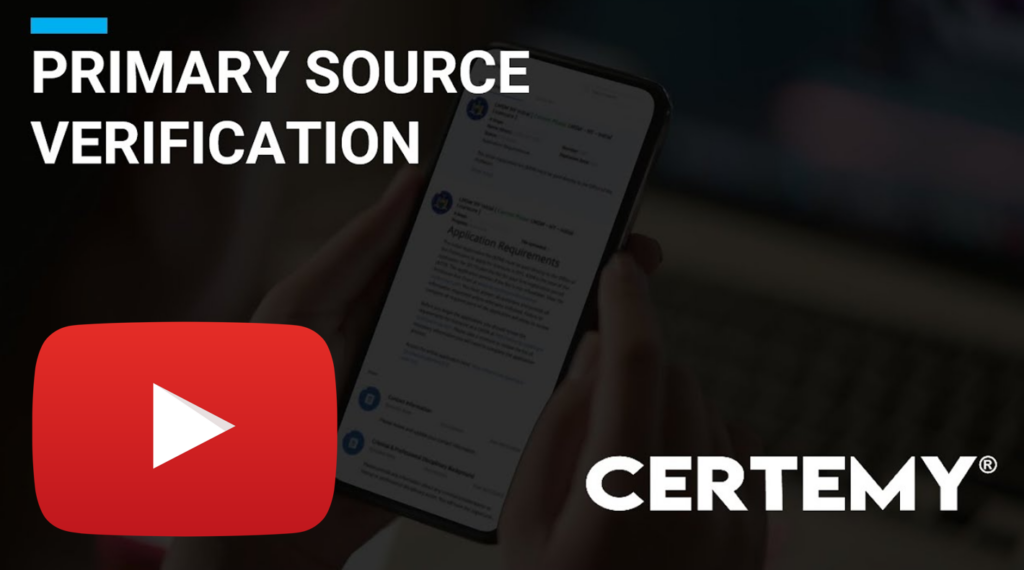
License Verification Tool | Certified in Perinatal Loss Care
Perinatal loss, commonly known as the death of a baby before or shortly after birth, is a heartbreaking experience for families. It can be difficult to comprehend the emotions following the loss of an expected child, and families often experience both physical and emotional impacts. Health care providers play an important role in helping families through this difficult time, and Certified in Perinatal Loss Care (CPLC) professionals have the necessary training and experience to provide emotional support and resources to assist in the grieving process.
At the same time, organizations that employ health care professionals need to ensure that their staff is properly credentialed and have all of the necessary certifications and qualifications for the type of services they provide. Automated license Verification systems offer a streamlined process for quickly and accurately determining an individual?s credentials. These systems are becoming increasingly popular for organizations in the healthcare and human resources industry due to their ability to save time and mitigate risk.What is Perinatal Loss Care?Perinatal loss occurs when a baby dies in utero, or shortly after birth. It can be a devastating experience for a mother, father, and family members. The grief process can be long and difficult, and bereaved families can have physical and emotional reactions. Research associates this type of loss with increased anxiety, depression, complicated grief, and Post Traumatic Stress Disorder (PTSD). Many health care professionals, such as obstetricians, midwives, nurses, social workers, and chaplains, provide resources and support to help families through this difficult time. Because of the sensitivity of the situation, it is important that health care providers are trained in how to effectively address this type of loss, and that they understand the impact it can have on families.Certified in Perinatal Loss Care (CPLC) professionals have specialized training and experience providing perinatal loss care to bereaved families. These professionals are knowledgeable about the physical and emotional reactions associated with perinatal loss, and how to provide effective counseling and support.What is Automated License Verification? Organizations that employ healthcare professionals need to ensure that their staff is properly trained and certified for the services they are providing. To do this, it is important to confirm an individual?s credentials, which can be a time-consuming and manual process. Automated license verification systems offer a streamlined process for quickly and accurately verifying a healthcare professional?s credentials. These systems are becoming increasingly popular due to their ability to save time and reduce risk.Certemy is a leader in License Verification with an automated primary source verification system. The system verifies occupational licenses and certifications across employees to confirm that they are active, properly renewed, and free of any sanctions or other disciplinary actions. Certemy offers complete visibility and control of an organizations workforce Compliance program. Users can automatically track and manage licenses and certifications with primary source verification.Organizations using Certemy can also stay ahead of regulatory compliance with automated license tracking and primary source verification. The system provides real-time tracking of employee licenses and credentials in one system of record. It also offers pre-built workflows that are fully configurable to automate license application processes. In summaryCertified professionals specializing in perinatal loss care offer invaluable resources and support to families dealing with this type of loss. At the same time, organizations that employ healthcare professionals need to ensure that their staff is properly trained and qualified for the services they provide. Automated license verification systems can help streamline the process of verifying credentials, ensuring that the staff providing these services are fully qualified and in good standing.Topics:

